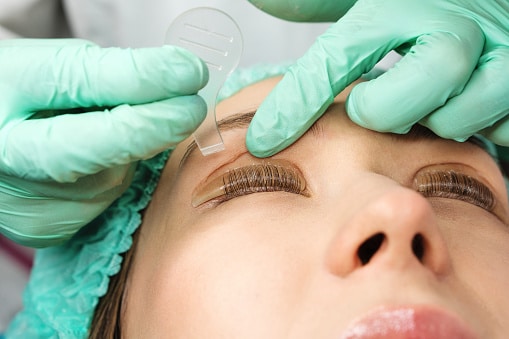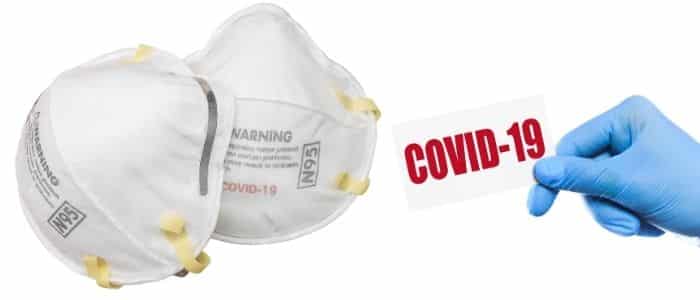Erectile dysfunction – one of the scariest terms for most men worldwide – refers to the inability to attain or keep an erection. Almost every man faces this issue at least a few times in his life. While occasional difficulty achieving an erection is nothing to fear about, having this issue more often is as bad as it gets.
The point of discussion here is the impact of prostate cancer on a man’s ability to attain an erection. Many people wonder if prostate cancer causes loss of erections and whether Erectile Dysfunction treatment in Dubai is a suitable option for dealing with this issue. We are going to find it out in the following lines.
Does Prostate Cancer Really Cause Erectile Dysfunction?
The short answer to this question is no. Prostate cancer is not a direct cause of ED in men. Instead, this sexual problem happens due to the consequent prostate cancer treatment that usually involves removing or destroying delicate tissues that promote erections. Prostate cancer treatments that cause ED are:
- Surgical removal of the entire prostate gland
- Hormone therapy
- Radiation therapy (radioactive seed implants or external beam)
Some treatments can cause ed sooner than others. Here is a quick overview of when ed can occur after treatment.
- Surgery: ED occurs to some degree right after prostate removal surgery. This quicker side-effect is usually inevitable regardless of whether the procedure has spared the nerve that controls erections.
- Hormone therapy: This treatment usually lowers testosterone levels, leading to erectile dysfunction or decreased sexual desire. It usually takes two to four weeks for hormone therapy to cause this undesirable side-effect.
- Radiation therapy: Radiation therapy causes a gradual ED onset, which generally begins six months after the procedure.
What Are ED Treatment Options after Prostate Cancer Treatments?
Traditional methods to treat erectile dysfunction in men who have undergone prostate cancer treatments are:
- Oral medications, including vardenafil, sildenafil, tadalafil, and avanafil
- Penile suppositories
- Use of vacuum constriction devices that trap blood into the penis, causing erections
- Penile injections that are usually administered before intercourse
- Penile implants
How effective are oral drugs for ED?
Here is a quick overview of stats describing how oral medications help with ed after different prostate cancer treatments.
- After surgery: Oral medications for ED helped 70% of people with nerves spared on the sides of the prostate regain their erections. However, these medications proved less helpful for men with single or no spared nerve.
- After hormone therapy: Unfortunately, no oral medication has been found to help with regaining erections after hormone therapy. There is not much data available in this regard either.
- After radiation therapy: About 50% to 60% of people regained their erections by using oral medications for ed after radiation therapy.
How does injection therapy work for ED?
Not all people can benefit from oral drugs for erectile dysfunction resulting from prostate cancer treatment. In such cases, penile injections can be an effective way to promote erections. Generally, injection therapy can help up to 80% of men struggling with the loss of erections. However, this treatment comes with a few side effects, including occasional pain due to a type of drug used and the formation of scar tissues.
Other treatments for ED after prostate cancer treatment
Both oral drugs and injections can fail to treat erectile dysfunctions in some people. Those individuals can consider other treatment options, some of which are the following.
-
Vacuum constriction device:
A vacuum constriction device constitutes a cylinder that is worn over the penis. Then, you have to remove air from the cylinder using a small vacuum pumping device. This air removal results in the blood drawing into the penis, causing an erection. Then, you have to place a band around the base of the penis to keep the blood from flowing back. While this treatment can help retain an erection for 30 minutes or so, it is not usually a preferred option among people who have undergone prostate cancer surgery.
-
Penile suppositories:
These are placed inside the urethra with the help of a plastic applicator. A suppository contains a drug called alprostadil, which reaches the erection chambers to relax muscles. As a result, the blood flows into the penis, causing an erection.
-
Penile implants:
This option is usually considered if the patient has struggled with erectile dysfunction for a year and non-surgical surgical methods have failed to deliver desirable results. An implant, also known as a prosthesis, is placed into the penis during minor surgery. This treatment is generally most effective, thanks to its higher success rate.
Final Thoughts
While prostate cancer is not the direct cause of ED, prostate cancer treatment does cause loss of erections. Fortunately, constant research has revolutionized Prostate cancer treatment in Dubai to prevent untreatable erectile dysfunction. However, finding a skilled urologist is a must to ensure the treatment’s success.






